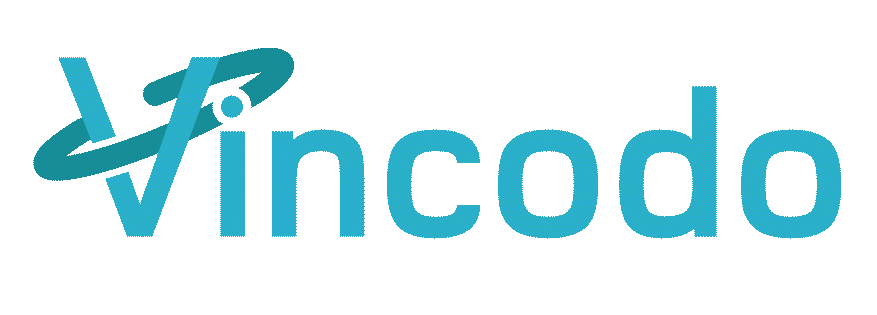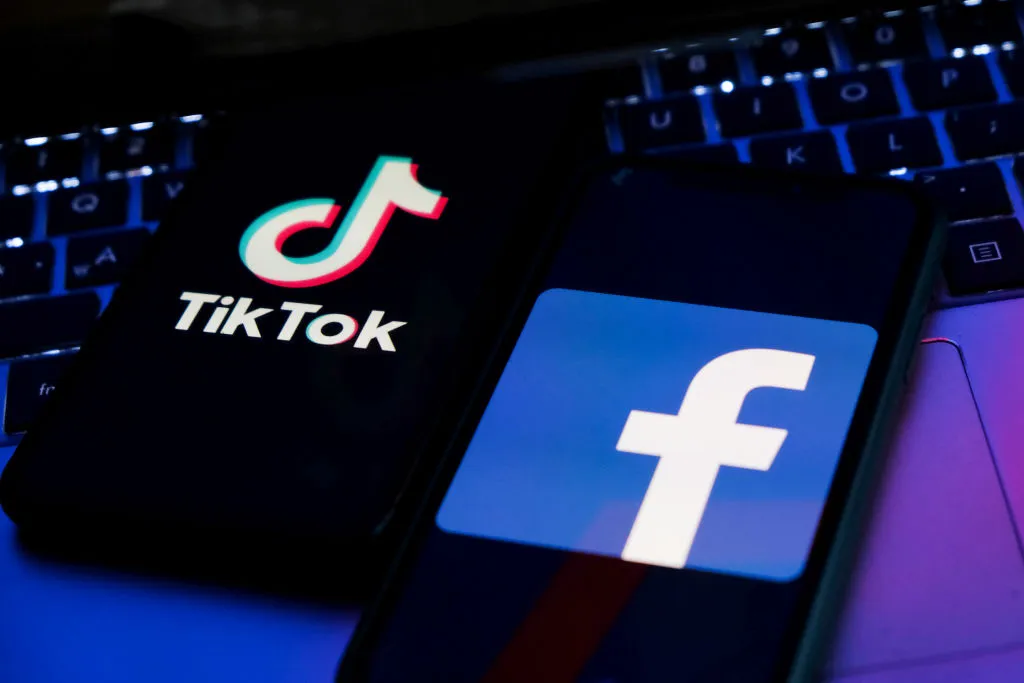When most Americans think of Nigeria and the Internet, it typically comes with some negative feelings. From email spam and bank account phishing schemes to credit card and identity theft, Nigeria is typically at the forefront of many things “wrong” with the internet. Saturday Night Live even had some fun in a skit called “The Spammies” back in late 2005, where the email spamming Nigerian Prince was an award presenter in the parody.
The most populous country in Africa, Nigeria has been scarred by military rule as have other nations in the region. In 1999, the first democratic, albeit potentially flawed, election placed the country back in the hands of the people and the country has begun to flourish. Today, approximately 28% of all internet users in Africa reside in Nigeria, as close to 1 in 6 Nigerians have access to the internet, with growth shooting off the charts beginning in 2007
What brings me to write about Nigeria is recent online activities of its President Dr. Goodluck Ebele Jonathan. Taking office this past May, following the death of sitting President Umaru Yar’Adua, Goodluck Jonathan pledged to listen to the voice of the people. His chosen form of interaction, a Facebook Fan Page. And his actions are the playbook every American marketer should be following.
In his first status update, Jonathan writes, “Today, in fulfillment of the promise I made at the 26th convocation of the University of Port Harcourt on Saturday, 15 May 2010, I have created a Facebook fan page to interact with Nigerians. As I said on that day, there is an unchallengeable power of good in the Nigerian nation and her youth and through this medium I want Nigerians to give me the privilege of relating with them without the trappings of office. GEJ”
Nigerians have flocked to Facebook in droves to interact with its president.
In just eight short days, President Goodluck Jonathan has generated 80,000 fans. Lady Gaga better be looking over her shoulder. Through a stream of great PR efforts, the President got the word out that Facebook was the place to interact with your thoughts and ideas and a community has quickly formed.
But he didn’t stop there.
President Jonathan is managing the page on his own and has actually taken to reading comments directly himself. So long as the Facebook “newness” doesn’t wear off, this is a tremendous step forward for an underdeveloped African nation to utilize technology in such a way. For each of his posts, he has generated close to 2,000 likes and 2,000 comments. President Jonathan is allowing a conversation to happen and he is embracing it, rather than censoring the viewpoints of his people. He’s allowed the people to define the experience.
His latest updates have responded to comments and wall posts submitted by his citizens. He utilized feedback from citizens about the World Cup soccer team’s failure to change his position on suspending the team from international play. He’s taken feedback on ideas on how to improve the stability of the power grids in the country. He’s listened to and responded to a Nigerian living in California to re-open a consulate in San Francisco to help stimulate international trade. With his approach, he’s given a sense of distinct value to the fan page for those visiting it.
It is interesting that an underdeveloped country’s leader has applied multiple best practices to implement a successful Facebook fan page while American marketers struggle to utilize the medium properly. To be successful, the Nigerian President just offered us a playbook to Facebook success:
- Get the word out
- Let the users define the experience
- Create a community that has distinct value to the user
If you deliver on these same principles, you too can get the same type of traction that Nigerian President Goodluck Jonathan drove in just a mere eight days.





